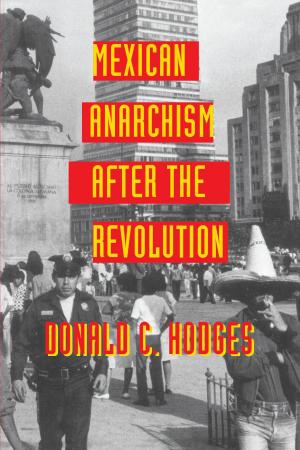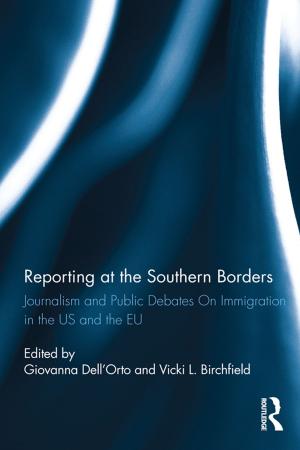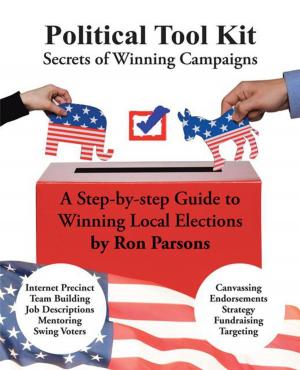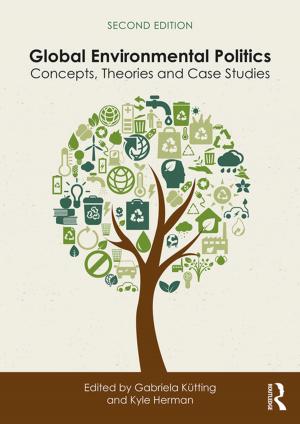“Intimate Association” Equals Legal Prostitution
Nonfiction, Reference & Language, Law, Social & Cultural Studies, Political Science| Author: | Lord Koga | ISBN: | 9781452386034 |
| Publisher: | Veenstra/Exploited Publishing Inc | Publication: | September 5, 2010 |
| Imprint: | Smashwords Edition | Language: | English |
| Author: | Lord Koga |
| ISBN: | 9781452386034 |
| Publisher: | Veenstra/Exploited Publishing Inc |
| Publication: | September 5, 2010 |
| Imprint: | Smashwords Edition |
| Language: | English |
The act of prostitution can be defined as, “Engaging in sexual intercourse or other sexual activity for pay,” (Ballentines Law Dictionary, 2008). Using this basic definition of prostitution, one could infer that the act of prostitution occurs when both parties have obtained some form of consideration for the performance of the act. The man taking care of her and giving her a place to live, whereas the man has received the sexual pleasures for the act, justly compensates the Prostitute or the wife, in some cases.
This same basic understanding can be applied in instances outside of marriage as well, say on a first date, where both the male adult and female adult (being of 18 years of age or of the age of 21 when the age of 18 is not the majority age of adulthood) consents to have sexual relations. The Supreme Court has acknowledged that dating and other social activities are worthy of protection under the first Amendment even though those activities may lack an overt political, religious, or educational purpose, even if that purpose leads to the action of “intimate association” (15 ALR 5th 908).
If we take out the legal authorities in this concept and replace them with the moral authorities of the land, this same concept can be considered prostitution simply because of the compensation that the female received prior to the sexual act, (Such things as dinner and a movie). The only true thing that makes the act of sex between two people dating or married, and the act of sex between a prostitute and her john, is that one is free sex, whereas the other is sex for pay, however, the same concept can apply for both if certain requirements are met.
The act of prostitution can be defined as, “Engaging in sexual intercourse or other sexual activity for pay,” (Ballentines Law Dictionary, 2008). Using this basic definition of prostitution, one could infer that the act of prostitution occurs when both parties have obtained some form of consideration for the performance of the act. The man taking care of her and giving her a place to live, whereas the man has received the sexual pleasures for the act, justly compensates the Prostitute or the wife, in some cases.
This same basic understanding can be applied in instances outside of marriage as well, say on a first date, where both the male adult and female adult (being of 18 years of age or of the age of 21 when the age of 18 is not the majority age of adulthood) consents to have sexual relations. The Supreme Court has acknowledged that dating and other social activities are worthy of protection under the first Amendment even though those activities may lack an overt political, religious, or educational purpose, even if that purpose leads to the action of “intimate association” (15 ALR 5th 908).
If we take out the legal authorities in this concept and replace them with the moral authorities of the land, this same concept can be considered prostitution simply because of the compensation that the female received prior to the sexual act, (Such things as dinner and a movie). The only true thing that makes the act of sex between two people dating or married, and the act of sex between a prostitute and her john, is that one is free sex, whereas the other is sex for pay, however, the same concept can apply for both if certain requirements are met.















